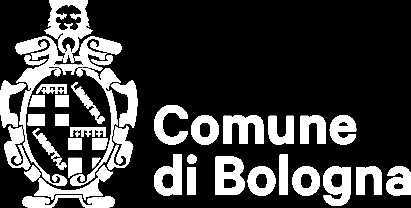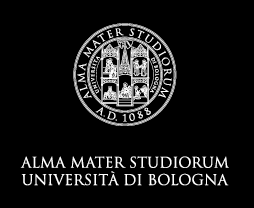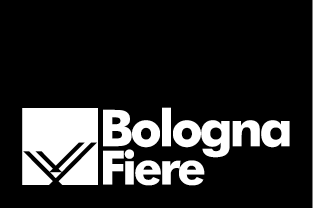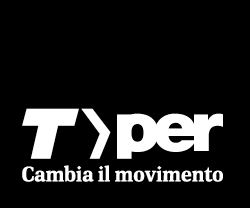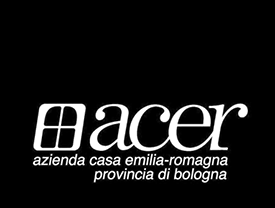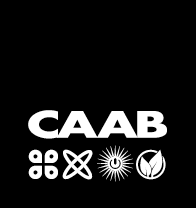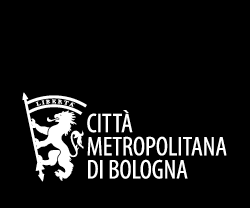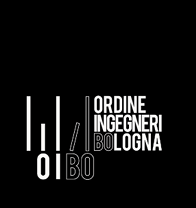Uncategorised
European and international projects - Archive
The Foundation is involved in the development and the implementation of european and international project. These are the projects realized during the last years:
2020 » Just transformation Emilia-Romagna 2020 for Europe’s Heavy Industrial and Coal Regions
funding: Deep Demonstration Climate-KIC
The project was coordinated by ART-ER. The goal was to develop a package of innovative initiatives with which to facilitate the conversion of Emilia Romagna in a region with low CO2 emissions and good air quality through the involvement of all public/ private stakeholders..
2019 » European Urban Agenda
The Foundation for Urban Innovation, the University of Bologna and the Municipality of Bologna have compiled a glossary focusing on “Nature-Based Solutions” that is easy to consult and understand, in order to simplify the language and provide institutions, scientific community, experts and citizens a comprehensive set of clear and easy-to-use terms.
2019 » AELCLIC
funding: Pathfinder Climate-KIC
The project aimed to define and test models for the creation of networks of regional/local stakeholders with the social, financial, administrative and technical capabilities to co-define a “Landscape Adaptation Plan for climate change”. The project has guaranteed the Bologna pilot landscape a diagnosis of the impacts of climate change on the local economy and on the life, environment, cultural heritage and well-being of the inhabitants.
2018 » Climathon
funding: Climate-KIC
In 2018, the third edition of “Climathon” in Bologna was organized to develop innovative proposals to help combat the impacts of climate change in urban contexts. As part of the challenge proposed to the participants of this edition, the group presented the project "App Air" with the aim of encouraging and monitoring good practices that can help reduce air pollution in the province of Bologna.
2017-2020 » ROCK - Regeneration and Optimization of Cultural heritage in creative and Knowledge cities
funding: Horizon2020 - Climate - Greening the Economy in risposta alla call Cultural Heritage as a driver for sustainable growth
The project aims to regenerate, through new environmental, social, economic and sustainable processes, the university area around Via Zamboni, demonstrating how the historic centres of European cities can be considered extraordinary living laboratories where to experiment new models of urban regeneration guided by cultural heritage and where to activate innovative and unconventional financing mechanisms in a circular economy approach.
2017 » Climathon
funding: Climate-KIC
Urban Center Bologna organised in October 2017 the Bologna edition of “Climathon”, with the aim of bringing together experts in different sectors to develop innovative proposals that help combat the impacts of climate change in urban contexts. Participants were asked to develop innovative product and service ideas for the development of green and blue networks in the urban area of Bologna.
2017 » EUCANET - Europe for Citizens
funding: Europe for Citizen
The main objective of the project, funded under the “Europe for Citizens” programme, was to promote greater civic involvement in urban debate and decision-making, and to strengthen links between public authorities, civil society, local institutions, social and economic actors
2017 » PhD Summer School “Urban Transition: Reshaping Urban District”
funding: Climate-KIC
The main objective of the project, funded under the “Europe for Citizens” programme, was to promote greater civic involvement in urban debate and decision-making, and to strengthen links between public authorities, civil society, local institutions, social and economic actors.
2016 » Climathon
funding: Climate-KIC
Urban Center Bologna organised the Bologna edition of “Climathon”, the world’s largest climate marathon held simultaneously in the world’s major cities. The initiative, promoted annually worldwide by “Climate-Kic”, aims to bring together experts in different fields for 24 hours to develop innovative proposals that help combat the impacts of climate change in urban contexts.
2016 » Phd Summer School "Urban Metabolism and Water Management"
funding: Climate-KIC
The second phase of the “PhD Summer School” of Climate-KIC 2016 "Urban Metabolism and Water System Management" took place in Bologna, where twenty students from ten different countries worked on the theme of the edition "Smart solutions for the Urban Metropole"with the task of dealing in a sustainable and innovative way with urban metabolism and water management, starting from concrete cases like Via Zamboni in the historic centre of Bologna. The ambitious challenge was to rethink urban metabolism to improve the quality of life and create a 'Sustainable Cultural Campus' based on the principles of the circular economy.
2015 » One Tonne Society
funding: Pathfinder Climate-KIC
The project, inspired by the One Tonne Life project, aimed to study and develop a business model aimed at reducing the carbon footprint of a voluntary group of private citizens in three European cities (Uppsala, Berlin, Bologna). In Bologna, the funding concerned the phase of investigation on the concrete possibilities that the project had positive feedback among the citizens.
2015 » Phd Summer School "Design for Adaptation. Resilient Urban Communities"
funding: Climate-KIC
The two-week intensive programme focused on climate change adaptation and the impacts that cities will increasingly face. Taking its cue from the city of Bologna, with its particular environmental, climatic and structural characteristics, and analysing the projects implemented by the city to counteract the effects of climate change on the spot, Students were asked to design innovative solutions through a "learning by experience" approach.
2015 » Transition Cities: "La sostenibilità è il nostro centro"
funding: Pathfinder Climate-KIC
The project aimed to transform the area of the former ghetto of Bologna into a district with high energy efficiency through the involvement of retailers in energy saving and sustainability activities.
2015 » Bologna Carbon Market (BoCaM)
funding: Pathfinder Climate-Kic
Within a European “Climate-KIC” call, the project has ensured that reliable carbon credits linked to projects that can be verified over time were offered to private buyers operating in the same geographical area, in order to increase the environmental sustainability of all actors in society. It has therefore been possible to test the creation of a real market in which public administrations can "create" the carbon credits generated by their projects and policies, certified by a third party and which private companies can purchase to neutralise CO2 emissions.
2013 » Bologna Local Urban Environment Adaptation Plan (BlueAp)
funding: Life+
The objective of the project was to develop and define a “Local Climate Change Adaptation Plan” for the city of Bologna. Urban Center Bologna has carried out a work of support to the communication of the partners, to the organisation of the final conference, to the translation and to the elaboration of the tests for the final Leyman.
2012-2016 » Holistic Energy-efficient Retrofitting of residential Buildings (Herb)
funding: Settimo Programma Quadro (7FP)
The project aimed to develop and test new and innovative energy efficiency technologies, and solutions to redevelop existing buildings. These solutions will be installed and monitored, from the point of view of the result, in different typical residential buildings, in different European countries. At Urban Center Bologna was held the final conference of the project, organised in collaboration with the Order of Engineers of Bologna
Progetto Villa Salus: incontro di aggiornamento con i cittadini
Lunedì 14 maggio alle 18.00 presso la Sala parrocchiale di via Gaetano Tacconi 67 si terrà l'incontro di aggiornamento con i cittadini del Quartiere Savena "Come procede il progetto Salus Space?".
Hospital facilities
Over the next years, the main hospital facilities in Bologna will undergo important changes in terms of town planning and buildings which are necessary to meet the higher demand, which has been evolving with the needs of a growing population.
Concorso "Progetto Sani": proclamati i vincitori
Si è concluso il concorso internazionale per la progettazione del masterplan dell'ex Caserma Sani di Bologna con la proclamazione del vincitore, lo studio Dogma di Bruxelles con il masterplan “Passages”.


